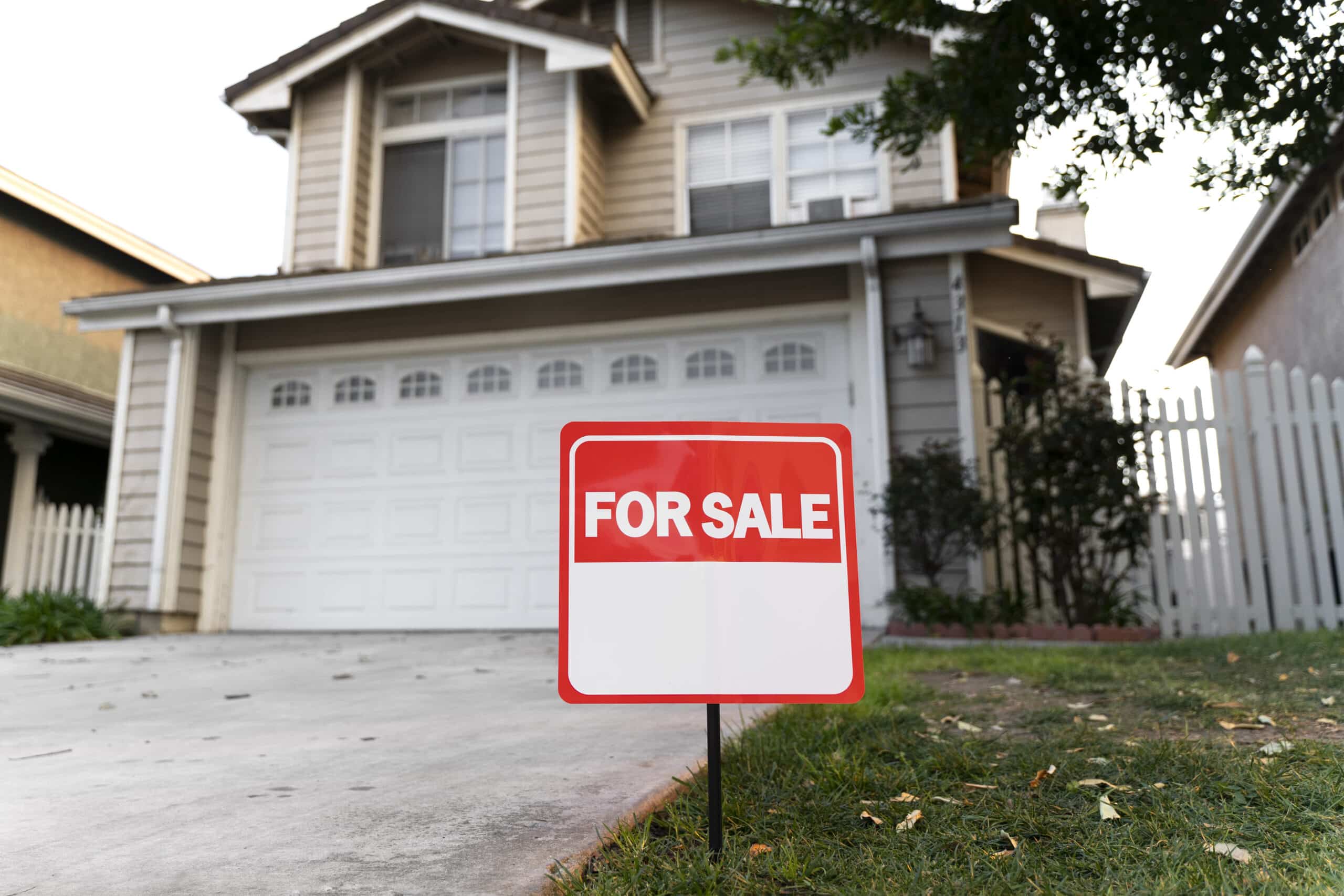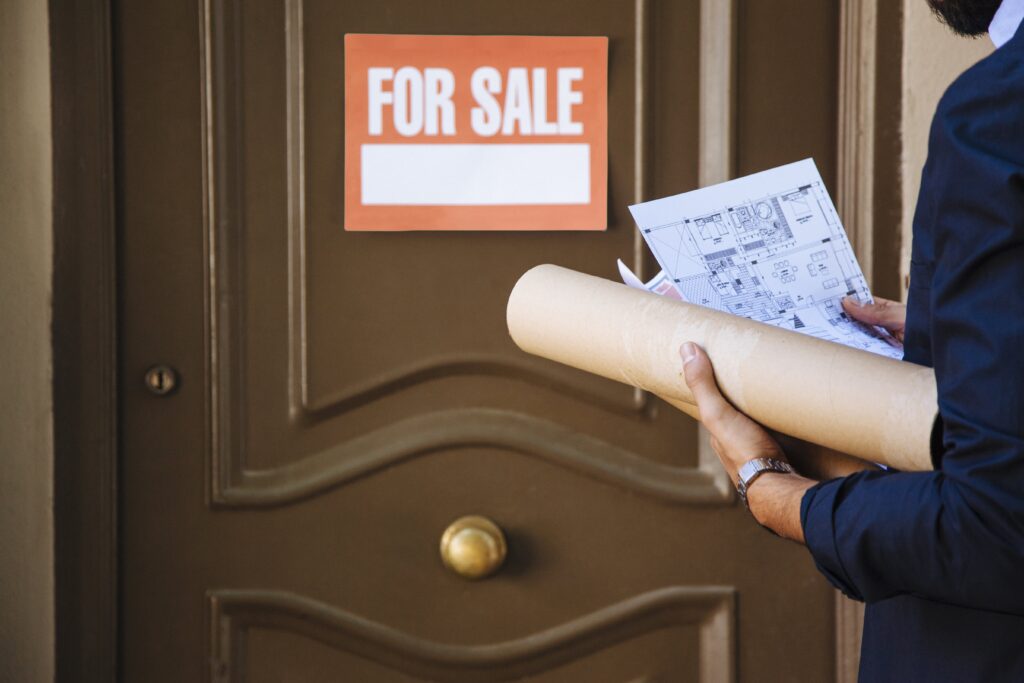
Contents
Real estate fraud has become a growing concern in today’s market, posing serious risks to buyers, sellers, and lenders alike. The DeKrupe law team specializes in real estate law and has experience dealing with various types of property fraud. You need to understand the dynamics of real estate fraud and know how to protect yourself against malicious intent.
Real Estate Fraud Dynamics
Real estate gravely affects the Canadian market, leading to serious financial losses and undermining trust in the real estate sector. Fraudsters employ various tactics, including identity theft and forgery. They might impersonate owners to sell properties they do not own or manipulate property values for unjust gain. Victims often find themselves entangled in legal battles, facing financial ruin.
Market impact
Real estate fraud contributes to inflated property prices, making homeownership less accessible for many Canadians. It also affects lending institutions, which suffer losses from fraudulent mortgage applications and transactions.
Furthermore, the ripple effects extend to insurance rates and legal fees, both of which tend to increase as a result of rampant fraud. The overall economic state of communities suffers, with honest buyers and sellers losing confidence in the market.
Rising cases
Several factors contribute to the rise in real estate fraud cases in Canada. The booming real estate market presents many opportunities for criminals, as high property values and large transaction volumes make it an attractive target.
Gaps in regulatory frameworks allow fraudsters to make use of loopholes. Oversight over certain aspects of real estate transactions makes it easier for fraudulent activities to go unnoticed.
Economic pressures also play a role. Those struggling financially might be more susceptible to participating in or falling victim to fraudulent schemes out of desperation.
Digitalization
Digital technologies have played a dual role in real estate fraud dynamics. It has made transactions more accessible and opened up new options for fraudsters.
Online platforms can be manipulated for fake listings or phishing scams targeting unsuspecting buyers and sellers. Cybercriminals easily hack into databases now, stealing identities, and forging documents digitally.
Common Real Estate Frauds to Beware

Title fraud
Title fraud begins with identity theft. Criminals forge documents to appear as the property owner. They then sell the property or secure loans against it, leaving the real owner in peril. Victims often discover this too late, facing financial ruin. It’s a stark reminder of how important it is to regularly check property records and invest in title insurance.
Mortgage fraud
Mortgage fraud means providing false information on loan applications. This ranges from inflating income levels to hiding liabilities to get a loan. Both individuals and organized groups commit this type of real estate fraud, which impacts lenders and destabilizes the housing market.
Protecting Yourself Against Real Estate Scams
Licensed professionals have the necessary credentials and oversight to guarantee transaction integrity. However, you need to verify their licenses before starting to work together. It significantly minimizes the risks.
Document review
Always review documents thoroughly and get to the root of every clause before signing. If something is unclear, seek legal advice for clarity. Lawyers can spot irregularities you might miss. Their expertise safeguards your interests.
Secure storage
Store mortgage documents securely with limited access. Proper disposal of these documents is important too, so shred them when if you don’t need them anymore. This prevents scammers from obtaining sensitive information.
Warning Signs
An unbelievably good deal often blinds potential real estate buyers to the reality. If an offer seems too good to be true, it probably is. High returns with little to no risk are a classic red flag.
Scammers often set significantly lower prices than the actual market value. They claim these temporary deals are available because of unique, and pcircumstances. Approach such offers with skepticism and check everything twice.
Unsolicited contacts
Unsolicited calls or emails from real estate agents or firms that you have never contacted can be a possible fraud sign. They ofter promise exclusive deals or insider information on the real estate market.
Documentation irregularities
Always verify property titles, ownersIhip history, and legal descriptions. rregularities in these documents suggest that the deal is not legitimate.
Fraudsters present fake documents to sell properties they don’t own. Have all the documents reviewed by a legal professional before proceeding with any transaction.
Pressure tactics
Scammers like to use the pressure technique quite ofter, wanting to seal the deal before the victim can change their mind or check something. They might insist on immediate payment, often through unconventional methods like wire transfers or cryptocurrency, claiming it’s the only way to secure the deal. These people may also try talking you out of consulting legal professionals. Be wary of anyone who pressures you into making quick decisions or investments. Legitimate agents understand the importance of diligence and patience in real estate transactions.
Steps to Verify Property and Seller Authenticity

The process of conducting a land title search confirms the real owner of the property. It helps in detecting any liens or encumbrances that might affect the transaction.
You can access these records through provincial or territorial registries. This is to make sure that the property’s legal status is clear before any money changes hands.
Seller verification
Always verify the identity and credentials of the seller to be sure of they are not operating under another person’s name. Ask for official identification and proof of ownership. Double check all the details with public records.
Legal consultation
Real estate lawyers review purchase agreements and also check property titles. Their expertise helps to properly understand complex real estate laws and regulations.
De Krupe Law understands the emotional and financial toll that real estate fraud takes. They approach each case with empathy, striving for closure and compensation for their clients.
Real estate fees
Knowing what legal fees cover is important. These fees primarily pay for services like:
- Reviewing purchase agreements and arranging title insurance
- Checking property titles
- Proper transaction closings
- Preparing ownership change documents
- Mortgage documents registration
- Land transfer tax payment
They do not include disbursements, which are additional costs you are subjected to.
Expert opinion
Daniel Simard
Daniel Simard is a Toronto-based writer specializing in legal content. With a background in journalism and a keen interest-turned-expertise in Real Estate, Family, and Corporate Law, he easily breaks down even the most complex legal topics. He collaborates with experts to deliver practical advice, making legal matters much more approachable.
Property acquisition is the time for being extra cautious. Always double check the documents and seller’s identity before finalizing the deal. Look out for fraud signs and, if needed, seek legal help from a reliable real estate lawyer in Toronto.
How to Avoid Real Estate Fraud FAQs
-
How Do I Protect Myself From Real Estate Fraud?
Firstly you need to check the sellers indentity and ownership certificate. Verify the documents' authenticity through official records to be sure that the property really does belong to the person in front of you. Secondly, check if there are any undisclosed problems around the house. Lying about something like this is one of the first red flags. If you're unsure about the deal, best consult a real estate lawyer.
-
What Are Some of The Real Estate Seller Red Flags?
If the seller is rushing the deal, it might be a sign that they are afraid that you'll find out about their malicious intent. Another sign is the the deal seems almost too good to be true. Consider the current market state and evaluate if such an offer could be real in these circumstances.
-
What Are The Most Common Types of Real Estate Fraud?
Title fraud is one of the most common real estate fraud types. It's when the scammer steals another person's identity and pretends to be the property owner. Another type people often face is mortgage fraud, when people deceive to obtain a mortgage loan.

